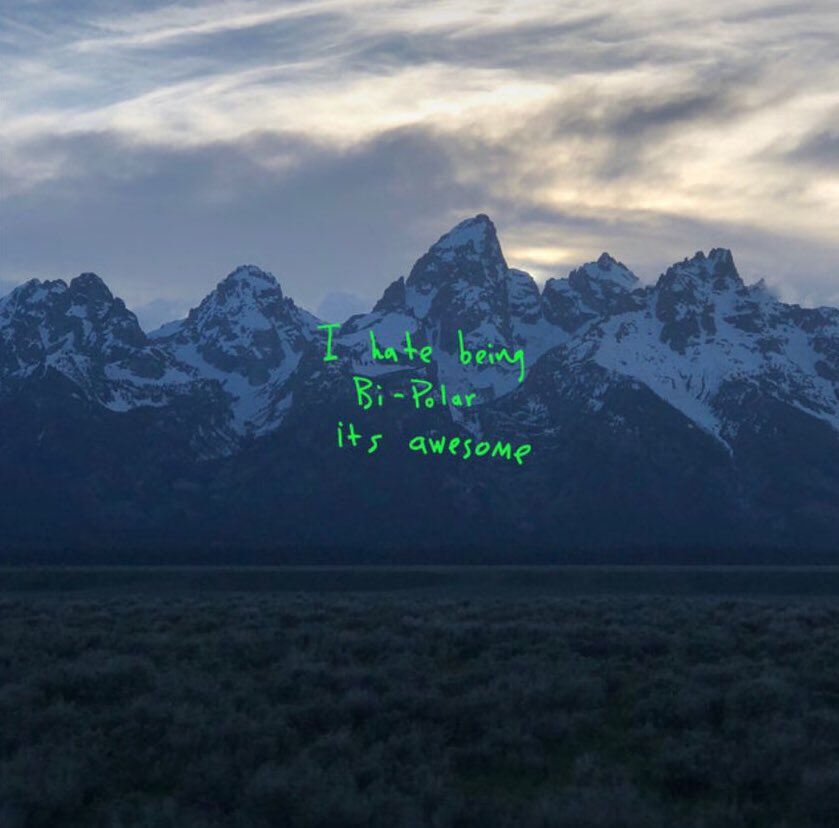Every artist has their fair share of influences that have played a role, subconsciously or not, in their own creative process. Hip-hop is no stranger to common musical practices such as sampling and interpolations, but the reaction to using someone’s previous work and morphing it into a new entity seems to have become more controversial in recent years. One emcee who has been particularly scrutinized for his easy to spot reproductions (bordering on imitation for some people) is Logic, the talented Maryland emcee who made a strong impression with his debut studio album Under Pressure last year. The Def Jam signee put forth an impressive display of personal honesty on the LP as he utilized his passion for hip-hop and created a body of work rooted in high caliber lyricism over standout production. Logic’s diehard fan-base has had a strong foundation for quite some time, but Under Pressure levitated him to new heights in terms of universal respect and recognition. The Incredible True Story serves as the follow-up to Logic’s acclaimed debut and while the enjoyable 18 track collection stays true to the commendable artistic attributes that have brought Logic to his esteemed status, the album doesn’t reach its sky-high potential because there are multiple moments that lack individualism.
Before analyzing the details of The Incredible True Story, it is important to set the scene of the LP’s sci-fi concept. Taking a cinematic approach, the album takes place 100 years in the future and is narrated by two characters named Thomas and Kai, who are searching for a planet named Paradise following the destruction of Earth. Throughout their journey in space, the duo decides to take a nostalgic trip down memory lane by listening to Logic’s music, aka the album that ‘changed everything’. From here, the boldly categorized project takes flight and we are reintroduced to Logic’s appealing style. His unwavering flow shines on tracks such as “Fade Away” with Logic frequently spitting his honestly packaged, sometimes mind-bending raps over airy production. Sticking with this trusty, already proven formula is when Logic proves to be at his best, while other records on the album fall back and forth between well-executed moments of brilliance and easily spotted replicas of today’s popular trends.
For every Drake impersonation that takes place on tracks such as “Like Woah” and “I Am The Greatest” that are fueled by cocky braggadocio, there are naturally crafted bangers such as single “Young Jesus”, an ode to 90’s boom-bap featuring a barrage of bars from Logic and his longtime partner Big Lenbo. The downfalls of The Incredible True Story don’t occur because the music isn’t quality, but rather the fact that Logic’s admirable ambition becomes shaded by his influences being unavoidably clear-cut. Nevertheless, there are several examples where Logic’s uncompromising approach works to his advantage. Standout record “City Of Stars” is surely inspired by “Last Call” and 808s & Heartbreak era Kanye West, but Logic’s harmonizing and his candid ending verse are delivered straight from the heart, letting go any stress about those who try to slander his artistic expression. His direct communication with hip-hop, takes on the state of the genre, and his role in it resonate strongly with the listener, and no comparison can take away from Logic’s ability to let his genuine feelings fly off his chest. Another record that succeeds in a similar respect is “Paradise”, a track powered by a filthy bassline, seamless beat transition, and hauntingly sung hook from Jesse Boykins III. While it makes sense why Logic was hoping for Outkast to feature on the track, the Maryland rapper finds a thoughtful groove as he delivers profound lines such as ‘This album 2 but this song was written before the first, My mind racing, I’m sick of pacing, I feel the thirst of those around me that down me and pray on my demise, But it only makes it that much better when I rise’.
When judged as a whole, The Incredible True Story thrives when it stays focused on its concept of trying to find paradise while simultaneously reflecting on previous trials and tribulations as well as reasons to be optimistic about the future. The production is extremely consistent over the course of the journey and Logic’s pen game is a testament to his undeniable skillset as an emcee. Logic’s message is sincere and praise-worthy; it’s just unfortunate that the final packaging of his music will continue to be criticized for being too unabashed in its influences. Logic doesn’t seem to care about the people who degrade his art for this reasoning and nor should he. Ultimately, Logic has now released two official albums that nicely bridge the gap between substance and entertainment. Everyone deserves to find their own desired paradise and while The Incredible True Story may not arrive at the final destination reached within its plot-line, the adventure is worth experiencing and Logic should be credited for that as he continues to find his own.
Repeatable: “City Of Stars”, “Paradise”
Skippable: “I Am The Greatest”













Discussion about this post